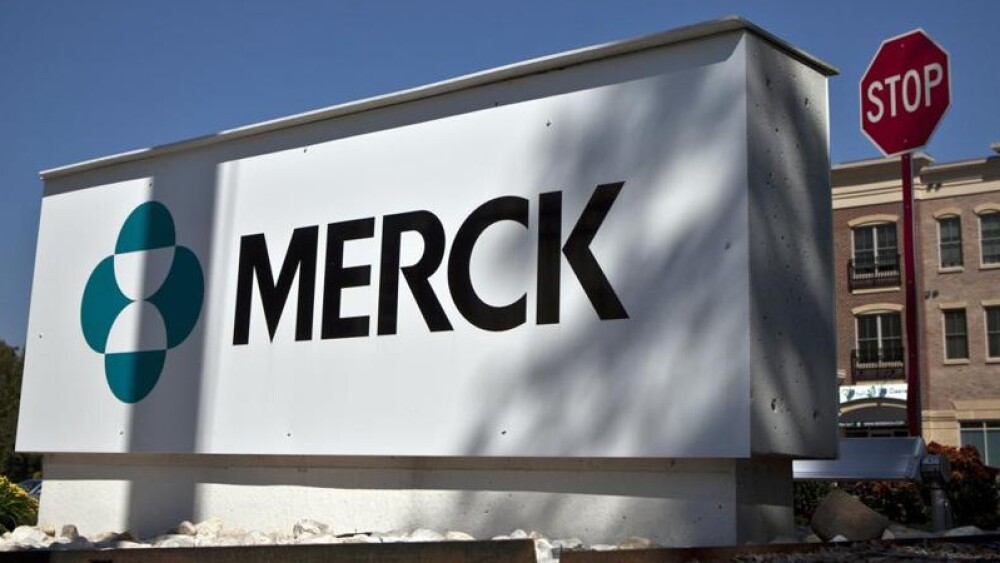September 29, 2017
By Alex Keown, BioSpace.com Breaking News Staff
KENILWORTH, N.J. – Following a review of Phase II efficacy data and a scan of the “evolving marketplace,” Merck & Co. announced this morning that it was terminating two hepatitis C programs.
The company said it will discontinue the combination treatments of MK-3682B (grazoprevir/ruzasvir/ uprifosbuvir) and MK-3682C (ruzasvir/uprifosbuvir). Both drug candidates were being developed for the treatment of chronic hepatitis C virus (HCV) infection. Merck gained uprifosbuvir in 2014 when the company acquired Idenix Pharmaceuticals . In February of this year, Merck said in a filing with the U.S. Securities and Exchange Commission that it recorded a pre-tax impairment charge of $2.9 billion for uprifosbuvir. After taxes, Merck said the company’s charge related to the drug will be $1.9 billion. In its February filing, Merck said the drug is now valued at $240 million.
Not only has the drug been a financial drain for Merck, the Phase II data may have revealed that the uprifosbuvir drug combinations would not be as efficacious as HCV drugs currently on the market. In August, AbbVie won approval for Mavyret, a drug that will treat all types of HCV in an eight week timeframe. AbbVie estimates that approximately 95 percent of U.S. HCV patients can be treated with Mavyret, including patients with compensated cirrhosis or without cirrhosis and those with limited treatment options, such as patients with chronic kidney disease (CKD). Mavyret is the first treatment of eight weeks duration approved for all HCV genotypes 1-6 in adult patients without cirrhosis who have not been previously treated.
In addition to AbbVie’s newly approved drug, there are other highly efficacious HCV drugs available, including Gilead Science’s Harvoni and Sovaldi. Both drugs have demonstrated a near cure for HCV in about 12 weeks. However, revenue streams for both drugs have dwindled over the past few years in part due to how well the drugs perform. In 2016, Gilead Sciences ’s three main HCV drugs, Harvoni, Sovaldi and Epclusa, generated $14.8 billion. That was down from 2015’s earnings of nearly $20 billion. And the company has projected them to fall even more this year.
While it is discontinuing development of MK-3682B and MK-3682C, the company said it will continue to work with its recently approved HCV drug Zepatier. The Merck HCV drug was approved by the U.S. Food and Drug Administration in January 2016 for the treatment of chronic HCV genotype 1 infection in patients with end stage renal disease on hemodialysis and for the treatment of chronic HCV genotype 4 infection. According to the World Health Organization, approximately 3 percent of the world’s population is chronically infected with HCV.
“Remarkable progress has been made in the fight against hepatitis C infection, and Merck is enormously proud of the role we have had in that fight over the past 30 years,” Eliav Barr, Merck’s head of global clinical development of infectious diseases and vaccines, said in a statement. “We will continue to study Zepatier to understand even more about its role in treating chronic hepatitis C infection and will continue to work with others to help bring ZEPATIER to appropriate patients with chronic hepatitis C genotype 1 or 4 infection, the genotypes which make up the majority of patients with chronic hepatitis C infection.”
In August, Florida-based Zion Market Research projected the global HCV market will hit about $33.5 billion by 2022, up from $13.5 billion in 2016.





